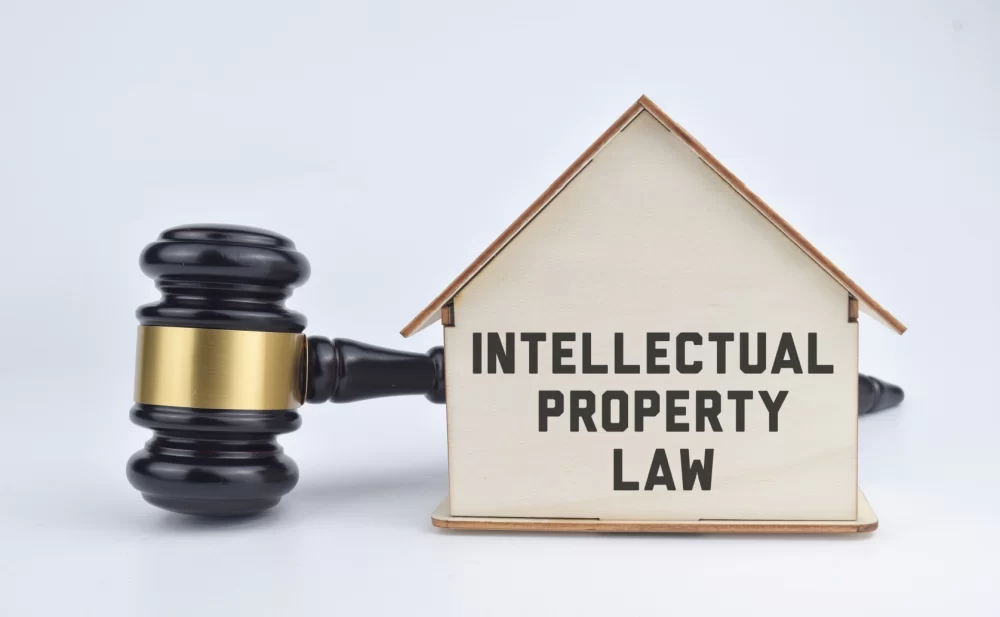Understanding Intellectual Property Disputes
Intellectual property (IP) disputes are a common occurrence in today’s highly innovative world. As businesses and individuals continue to develop new ideas, products, and services, protecting these creations becomes paramount. Intellectual property law covers a wide range of legal issues, from patents and copyrights to trademarks and trade secrets. When these rights are violated, or when parties disagree on ownership or use, it often leads to disputes that require legal intervention.
What Are Intellectual Property Rights?
Intellectual property rights are legal protections granted to creators, inventors, and businesses for their inventions, designs, brands, and artistic works. These rights allow the holder exclusive control over the use and distribution of their creations. Without these protections, individuals or businesses could lose control of their intellectual output, leading to potential financial loss and reduced market advantage.
The Types of Intellectual Property Disputes
There are several types of intellectual property disputes that can arise, including but not limited to:
- Patent Disputes: These occur when one party claims that another has infringed upon their patent, whether for a product or process. Patent infringement lawsuits can be costly and lengthy, but they are essential for safeguarding technological innovations.
- Trademark Disputes: Trademark disputes happen when businesses or individuals claim that their brand name, logo, or slogan is being used without permission, or in a way that causes confusion in the marketplace.
- Copyright Infringement: Copyright issues arise when someone uses a protected work, like music, literature, or software, without authorization from the original creator.
- Trade Secret Disputes: Trade secrets are valuable business assets, and disputes arise when these secrets are misused or disclosed without permission, often resulting in significant harm to the business.
Why Legal Help is Essential in IP Disputes
Legal help is crucial when dealing with intellectual property disputes because IP law is intricate, and the stakes are often high. Whether you are defending your rights or challenging someone else’s claim, it is vital to understand the nuances of intellectual property law.
Why You Need an Intellectual Property Lawyer
Intellectual property lawyers specialize in navigating the complex and technical aspects of IP law. A lawyer can assist you in:
- Determining the validity of your intellectual property rights.
- Filing legal claims or responding to lawsuits related to IP infringement.
- Negotiating settlements or licensing agreements.
- Guiding you through the legal processes of patent, trademark, and copyright registration.
- Providing strategic advice on how to protect your IP assets in the future.
Without the guidance of an experienced IP lawyer, you may face challenges that could cost you valuable rights or revenue. An IP lawyer can help you protect your creations and enforce your rights effectively in court or through negotiation.
Common Causes of Intellectual Property Disputes
Intellectual property disputes often arise from misunderstandings, improper agreements, or breaches of contract. Some common causes include:
- Infringement: One of the most frequent causes of IP disputes is infringement, where a person or company uses your intellectual property without authorization.
- Misuse of Trademarks: Companies may unintentionally or intentionally use a mark that is too similar to an established trademark, leading to confusion and competition in the market.
- Ambiguity in Licensing Agreements: Licensing agreements are meant to define how intellectual property can be used. Disputes can arise if there is a lack of clarity in the terms or if one party fails to uphold their obligations.
Real-Life Examples of Intellectual Property Disputes
Case Study: Apple vs. Samsung
One of the most famous intellectual property disputes in recent history was the legal battle between Apple and Samsung. Apple accused Samsung of copying the design and features of its iPhone, including the user interface and physical design. The case went through various trials and appeals and was a major example of how valuable intellectual property can be to companies. The result? A massive financial settlement, along with stricter enforcement of patent and design laws in the tech industry.
Case Study: Copyright Infringement in the Music Industry
Another notable example is the music industry’s struggle with copyright infringement. Over the years, artists and record labels have fought against illegal music distribution and streaming platforms that host pirated content. In one high-profile case, Led Zeppelin was accused of copyright infringement for their song "Stairway to Heaven," where similarities to another artist’s song were claimed. The case drew attention to the significance of copyright protection in the creative industry and the efforts to preserve the originality of musical works.
How to Protect Your Intellectual Property
Protecting your intellectual property is essential to maintaining your competitive edge and securing your business or creative work. Here are a few steps to help safeguard your intellectual property:
- Register Your IP: Whether it's a trademark, patent, or copyright, registration helps establish ownership and makes it easier to defend your rights in the event of an infringement.
- Keep Records: Document your work from the initial stages of creation. This can include sketches, drafts, emails, and contracts. Proper records can be crucial in proving ownership.
- Use Non-Disclosure Agreements (NDAs): When sharing your ideas with potential partners, collaborators, or employees, use NDAs to ensure that your intellectual property is protected from disclosure.
- Stay Informed: IP laws can change over time, so it’s important to stay updated on the latest developments and work with an attorney who can guide you through the evolving legal landscape.
Final Thoughts
In today’s competitive business world, intellectual property is a valuable asset that can make or break a company. Whether you are facing a legal dispute or simply looking to protect your innovations, seeking professional legal help is the best way to ensure that your intellectual property is secure and your rights are upheld. Remember, in the realm of IP, being proactive and informed is key to protecting your creative works and business interests.
For more personalized legal assistance and guidance on your intellectual property needs, consider consulting with a professional intellectual property lawyer today. Visit Fred Miller Lawyer for expert advice and services tailored to your unique needs.


 dolly hassan
dolly hassan we the people attorney
we the people attorney fulmer law
fulmer law sugar law group
sugar law group david issapour
david issapour silva and silva
silva and silva